Delhi faces diplomatic isolation over Modi’s controversial moves, says ex-Indian envoy
'World attitude towards India has changed after new citizenship law, revocation of IOK’s special status'
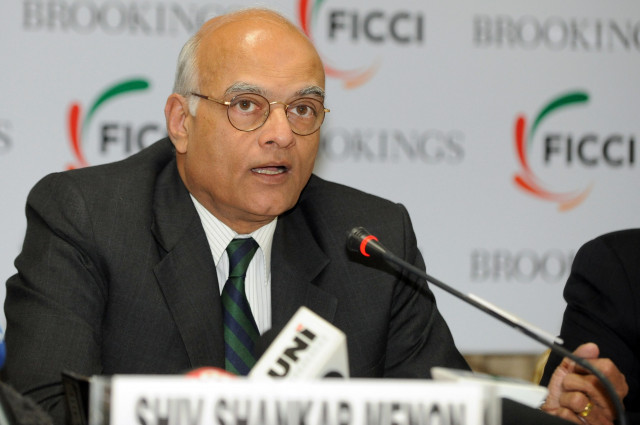
India's former national security adviser Shivshankar Menon. PHOTO: AFP/FILE
Menon, who served as foreign secretary and was an earlier envoy to China, Israel, Sri Lanka, and Pakistan, said the world’s attitude towards India has changed considerably over the past few months.
Speaking to reporters on the sidelines of a public hearing in New Delhi, Menon said the perception of India has changed and even friends were taken aback by the recent decisions of Modi.
India's citizenship law 'fundamentally discriminatory' against Muslims: UN
He said the Modi government, by its actions like the adoption of new citizenship law believed to be discriminatory to 180 million Muslims living in the country, had “gifted” adversaries’ platforms to attack India.
On the international ramifications of the citizenship law, Menon, 71, who served India’s NSA from 2010 to 2014, described it as “divisive”.
“The fact is that today we have something divisive. There are protests on the streets as minorities feel threatened,” he added.
Apart from the global implications, the move has changed the perception about India, besides raising concerns about its future, Menon said.
“I think things are different from where we were some time ago. So, I think it is also a question of political perception of the concerns apart from legal, moral and other aspects that we have been talking about,” he added.
Under the new citizenship law, out of three neighboring countries – Pakistan, Afghanistan, and Bangladesh – from where India would be accepting persecuted non-Muslim minorities, it has developed a close and friendly relationship with all except Pakistan. Menon said this new law would impact India’s relationship with these countries.
He said none of these three countries has expressed any happiness with the law. They have expressed reservations. “I think we have to look at it again,” said Menon, who also served as the country’s 27th foreign secretary from 2006 to 2009
According to the former diplomat, the citizenship law and other actions like revocation of special status to Occupied Jammu and Kashmir have given a lever to adversaries. He also apprehended that the changing perception about India at the global level will give a lever to foreign governments to put pressure on New Delhi to do what they want.
“What we have done has given our adversaries a platform that they can easily use to drag us to international forums. To explain so it is not as though that you can translate foreign disgust or concern about what is going on in India, into action by foreign governments unless they feel it hurts or affects their interests. It will be a useful lever for them to pressure the Indian government to get what they want. And that is what I think is the greatest consequence we have to deal with it,” he added.
The government has mounted a campaign through its missions in foreign capitals to counter the criticism of the citizenship law. But Menon felt that it was not working effectively. He described government actions as “own goals”.
“We are getting so much negative press in the world because of the situation in India. We are seeing much more criticism of India in the media abroad recently. We are now at the stage where people are staking out positions, creating leverage for themselves,” he said.

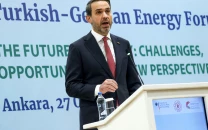
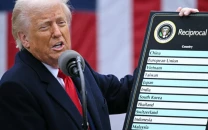
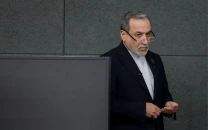
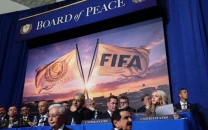
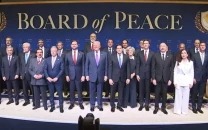













COMMENTS
Comments are moderated and generally will be posted if they are on-topic and not abusive.
For more information, please see our Comments FAQ